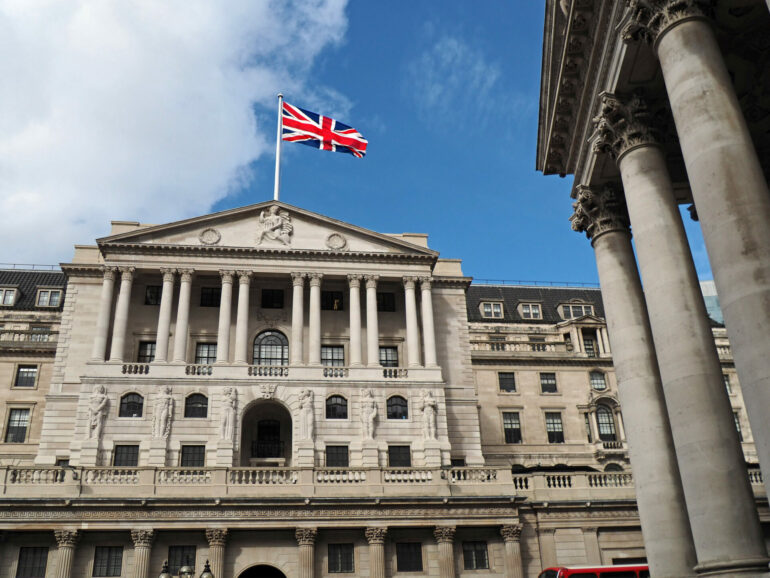Inflation could deal a double blow to the housing market, a property expert warns today.
UK inflation soared to a 30-year high in the year to December thanks to rising energy costs, strong demand for goods and services, and ongoing supply chain disruption.
According to the latest data from the Office for National Statistics (ONS) on Wednesday, the consumer price index (CPI) measure of inflation rose to 5.4%, the highest since March 1992 when it was 7.1%.
Jonathan Rolande, from the National Association Of Property Buyers (NAPB), said the situation could be a double-whammy.
He said: “It could deal a double blow to the housing market. Firstly, people will have a lot less in their pockets to spend. The rate at which prices are rising is at its highest since early 1992 thanks to increased food and fuel costs around the world.
“In the next few months energy bills could rise by another 50% once the price cap is removed. Potential first-time property buyers won’t feel confident about taking a new financial commitment and will adopt a ‘wait and see’ approach, starving the market of buyers.
“The second blow could come from The Bank of England. They have limited ways of pushing down inflation and will have to resort to increasing interest rates as a way of leaving less money in people’s pockets. If they spend less, inflation will fall.
“The trouble is that these price rises aren’t just on consumer goods that are seen as a luxury – they are actual living expenses, many of which are simply unavoidable – who’d want to choose between food or water, heat or light?
“So interest rates could rise but inflation may not be curbed. Might that lead to even higher rates? For the millions with a mortgage – or thinking about getting one – that could spell disaster. We need to watch these next three months very carefully.”
Rolande’s comments come as new figures reveal the average property price in November was £271,000, which was £25,000 more expensive compared with the same month in 2020.
Prices also rose month-on-month, and were 1.2% higher than in October. The price of a typical detached property jumped by 13.9% to £428,134 in the 12 months to November, according to the Office for National Statistics (ONS). By comparison, the average flat increased in value by just 5.6% to £223,078.
The South West recorded the largest increase in November, with house prices up 12.9% annually. London remained the weakest area for growth, with prices rising 5.1% over the year. But at more than half a million pounds, it is still by far the most expensive place to buy a home.
Wales was the only area to see house price growth dip between October and November – but prices are still up 12.1% compared to November last year, the ONS figures showed.
While experts predict that prices will cool in the months ahead as the cost of living crisis squeezes buyers’ budgets, a lack of supply of homes for sale could continue to see them rise this year.



